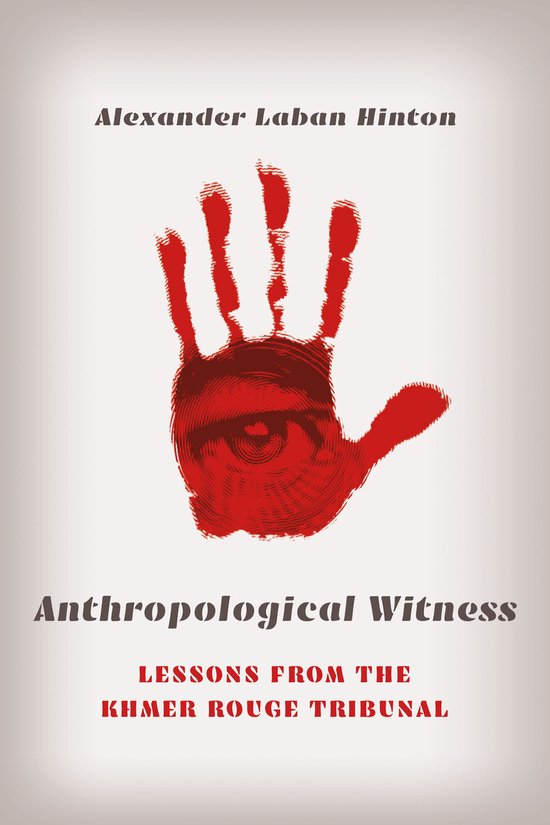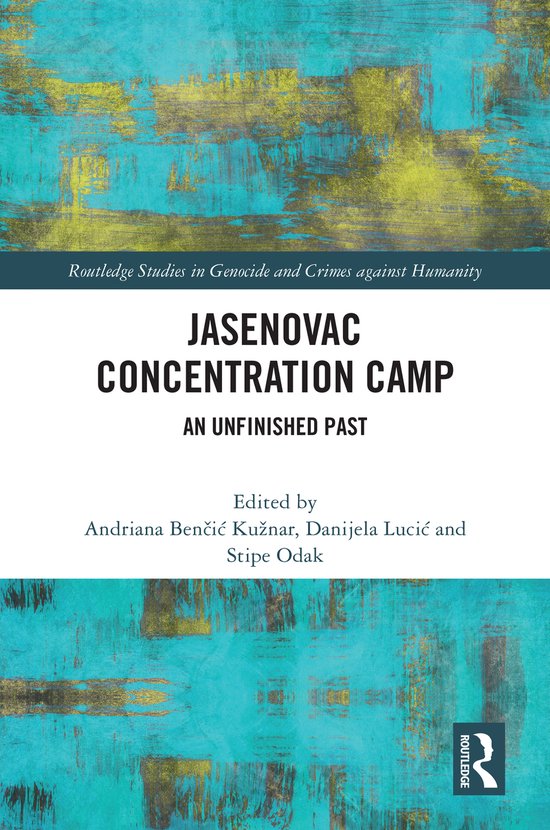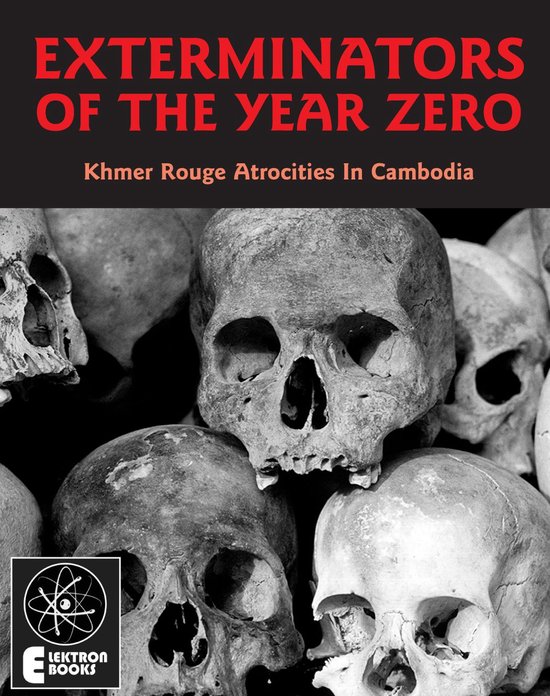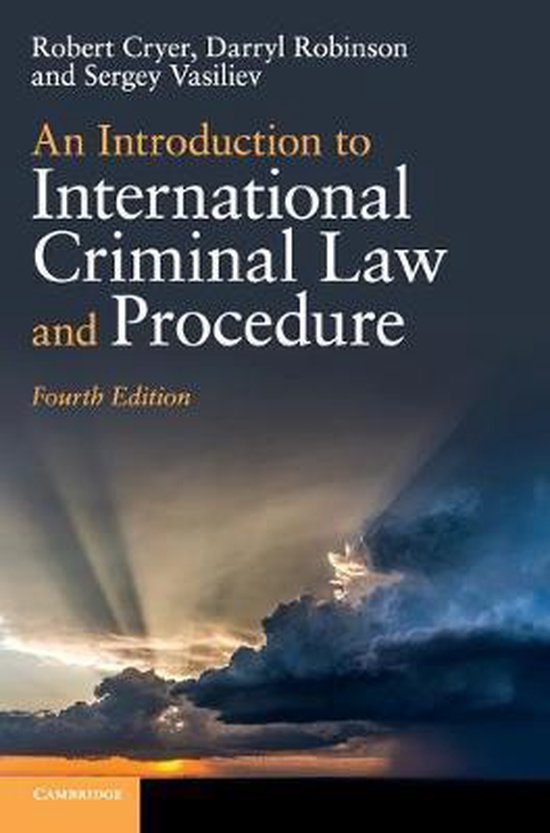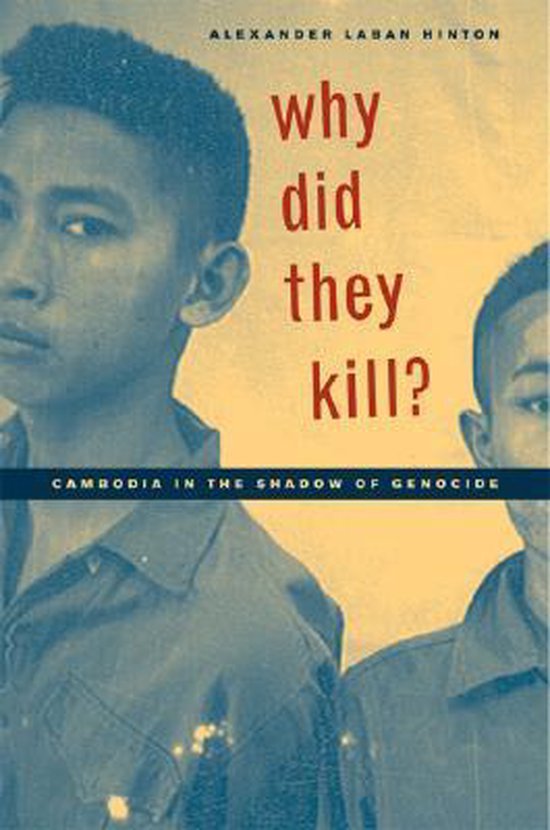
Why Did They Kill? - Cambodia in the Shadow of Genocide
"Hinton has traveled to the heart and soul of the Cambodian people."—Youk Chhang, Director, Documentation Center of Cambodia
"In Why Did They Kill?, Hinton explores the cultural roots of Khmer Rouge genocidal behavior. Hinton brings extensive fieldwork, wide reading and a compassionate turn of mind to bear on the awful question posed by the title. In the process, he takes us closer to the darkness at the heart of the Khmer Rouge and the darkness inside ourselves. This is a fearless, important and deeply resonant book."—David Chandler, author of Voices from S-21: Terror and History in Pol Pot's Secret Prison
"Alex Hinton's bold, unflinching, and ethnographically rich account of the dialectics of genocide is an essential contribution to the anthropology of evil."—Nancy Scheper-Hughes, author of Death without Weeping: The Violence of Everyday Life in Brazil
"Nowhere else has the bodily, literally visceral, dimension of genocide been so well illustrated. Hinton's study contributes greatly to efforts, which must be continuous for all of us, to combat genocidal forces everywhere."—Robert Jay Lifton, author of The Nazi Doctors and Superpower Syndrome: America's Apocalyptic Confrontation with the World
"A riveting analysis of the Cambodian genocide. Using detailed materials and careful arguments, Hinton interweaves the ideological constructions, the cultural dimensions, the mechanisms that manufactured difference and dissolved humanity, and the subjective experiences and meaning-making that engaged the perpetrators, showing how they worked together to make up the process. A remarkable achievement!"—Fredrik Barth, Professor of Anthropology, Boston University/University of Oslo
"Alex Hinton provides an analysis of the Cambodian genocide that for the first time explains the extreme cruelty of the Khmer Rouge regime as a manifestation of deep structures in Cambodian culture. Hinton's probing field research is in the best tradition of Clifford Geertz, Victor Turner, and the finest cultural anthropologists."—Gregory Stanton, President, Genocide Watch
Of all the horrors human beings perpetrate, genocide stands near the top of the list. Its toll is staggering: well over 100 million dead worldwide. Why Did They Kill? is one of the first anthropological attempts to analyze the origins of genocide. In it, Alexander Hinton focuses on the devastation that took place in Cambodia from April 1975 to January 1979 under the Khmer Rouge in order to explore why mass murder happens and what motivates perpetrators to kill. Basing his analysis on years of investigative work in Cambodia, Hinton finds parallels between the Khmer Rouge and the Nazi regimes. Policies in Cambodia resulted in the deaths of over 1.7 million of that country's 8 million inhabitants - almost a quarter of the population - who perished from starvation, overwork, illness, malnutrition, and execution. Hinton considers this violence in light of a number of dynamics, including the ways in which difference is manufactured, how identity and meaning are constructed, and how emotionally resonant forms of cultural knowledge are incorporated into genocidal ideologies.
"In Why Did They Kill?, Hinton explores the cultural roots of Khmer Rouge genocidal behavior. Hinton brings extensive fieldwork, wide reading and a compassionate turn of mind to bear on the awful question posed by the title. In the process, he takes us closer to the darkness at the heart of the Khmer Rouge and the darkness inside ourselves. This is a fearless, important and deeply resonant book."—David Chandler, author of Voices from S-21: Terror and History in Pol Pot's Secret Prison
"Alex Hinton's bold, unflinching, and ethnographically rich account of the dialectics of genocide is an essential contribution to the anthropology of evil."—Nancy Scheper-Hughes, author of Death without Weeping: The Violence of Everyday Life in Brazil
"Nowhere else has the bodily, literally visceral, dimension of genocide been so well illustrated. Hinton's study contributes greatly to efforts, which must be continuous for all of us, to combat genocidal forces everywhere."—Robert Jay Lifton, author of The Nazi Doctors and Superpower Syndrome: America's Apocalyptic Confrontation with the World
"A riveting analysis of the Cambodian genocide. Using detailed materials and careful arguments, Hinton interweaves the ideological constructions, the cultural dimensions, the mechanisms that manufactured difference and dissolved humanity, and the subjective experiences and meaning-making that engaged the perpetrators, showing how they worked together to make up the process. A remarkable achievement!"—Fredrik Barth, Professor of Anthropology, Boston University/University of Oslo
"Alex Hinton provides an analysis of the Cambodian genocide that for the first time explains the extreme cruelty of the Khmer Rouge regime as a manifestation of deep structures in Cambodian culture. Hinton's probing field research is in the best tradition of Clifford Geertz, Victor Turner, and the finest cultural anthropologists."—Gregory Stanton, President, Genocide Watch
Of all the horrors human beings perpetrate, genocide stands near the top of the list. Its toll is staggering: well over 100 million dead worldwide. Why Did They Kill? is one of the first anthropological attempts to analyze the origins of genocide. In it, Alexander Hinton focuses on the devastation that took place in Cambodia from April 1975 to January 1979 under the Khmer Rouge in order to explore why mass murder happens and what motivates perpetrators to kill. Basing his analysis on years of investigative work in Cambodia, Hinton finds parallels between the Khmer Rouge and the Nazi regimes. Policies in Cambodia resulted in the deaths of over 1.7 million of that country's 8 million inhabitants - almost a quarter of the population - who perished from starvation, overwork, illness, malnutrition, and execution. Hinton considers this violence in light of a number of dynamics, including the ways in which difference is manufactured, how identity and meaning are constructed, and how emotionally resonant forms of cultural knowledge are incorporated into genocidal ideologies.
| Auteur | | Alexander Laban Hinton |
| Taal | | Engels |
| Type | | Paperback |
| Categorie | | Mens & Maatschappij |
